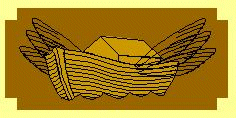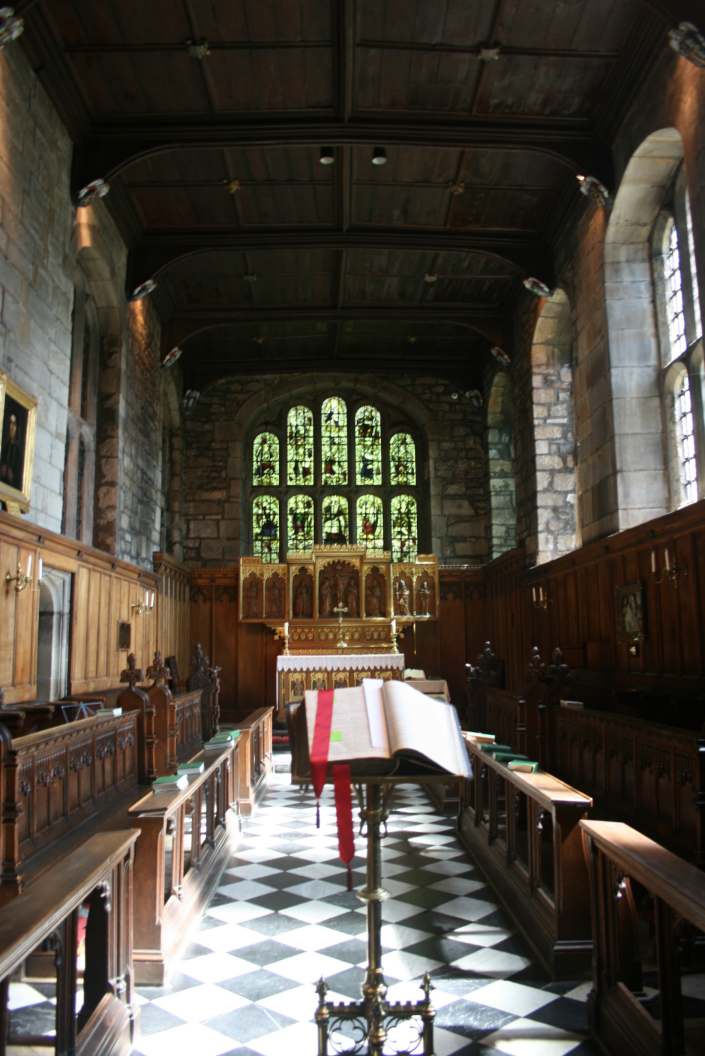
|
Photographs of Durham CastleClick on an image to see the full picture Tour the next castle >> |
|



Other Castles
|

Durham Castle is the ancient palace of the Prince Bishops of Durham and lies
on a promontory with the River Wear on three sides. It shares the top of the
hill with the Cathedral. It is situated
on the site of a fortress built to the orders of William the Conqueror on his
return from Scotland in 1072. He then gave it to the newly appointed Prince Bishop
of Durham. The castle was the home and office of the Bishop of Durham until it
was converted to a college. Early bishops exercised power over the region on
behalf of the King. Since then a succession of Prince Bishops have added sections
to the Castle. Each Bishop has marked his additions with his crest. Names to
remember include Bishop Flambard (1099-1128), Bishop Puiset (1153-1195), Bishop
Bek (1284-1311), Bishop Hatfield (1345-1381), Bishop Foxe (1494-1501), Bishop
Tunstall (1530-1559) and Bishop Cosin (1660-1672).





|
|


